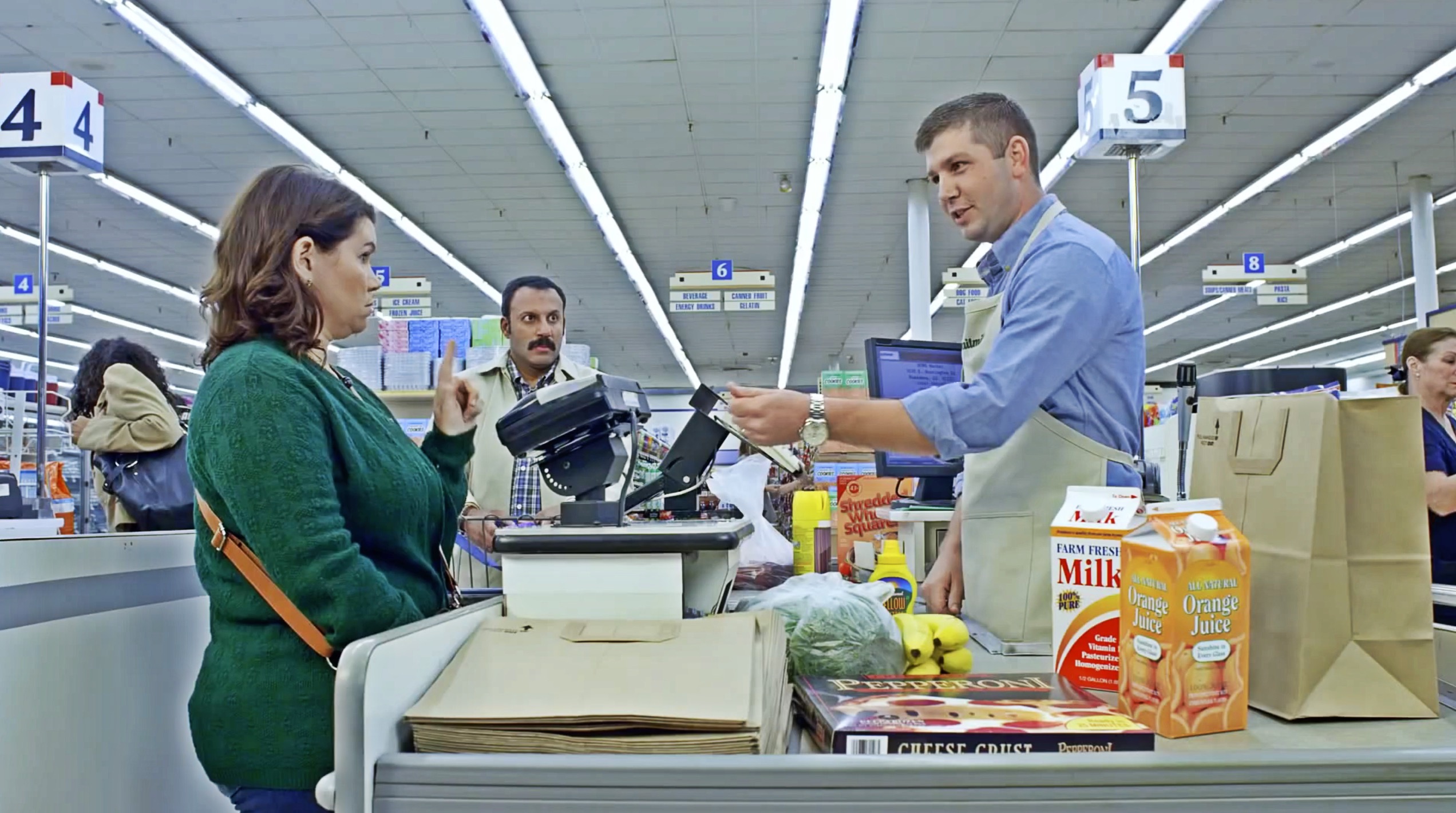One Geico Insurance commercial claims that “auctioneers make bad grocery clerks“. Strange if bidding is soon the norm in big-brand retail, but one-on-one. Today, Amazon announced something surprising: “Make Me an Offer“, where buyers can negotiate prices with sellers. I do not jest. Seriously. As if Amazon prices aren’t insanely low enough.
The web retailing giant claims 150,000 items in the program, which isn’t about auctions, since all negotiations are solely between buyer and seller. From my quick review, Amazon chooses wisely. The majority of items I see are those where pricing could be, perhaps should be, considered more arbitrary, like artwork, memorabilia, and other collectibles.
But if pricing is arbitrary here, why not over there? Meaning: For other kinds of products, particularly those that Amazon affiliates offer? There are many items that someone would pay enough to generate profit, but not as much as the seller asks. Collectibles today could be cutlery, cameras, and computers tomorrow
Why stop “Make Me an Offer” there? Amazon Consignments! Amazon Auto! Both are categories where pricing often is arbitrary. But what isn’t?
Question on my mind: Is there a volume business here? For example, could someone sell electronics this way, starting with higher prices, expecting to go lower during the bidding process, making up in volume sacrifices to margin?
Craigslist operates this way now. I don’t sell much, but when I do my price is always higher than my target. Because almost everyone negotiates. That’s the expectation: “Give me a deal, if I make you an offer”.
Over on Smashwords, where my ebooks aren’t listed but may soon return (I am trying out distribution through Amazon Unlimited), one option is to let the buyer set the price. I like the approach, even as a seller. The value of created works is arbitrary. So let buyers decide what the thing is worth to them. I would entertainment a model where the reader gets the ebook for free and when finished reading then is prompted to pay based on the value received. For some books, buyers will pay more than the seller might ask.
BTW, I planned to write this shorty post for BetaNews, but my colleague Alan Buckingham got to the news first. Oh, the advantages of that three-hour head start on the East Coast. That rascal.
